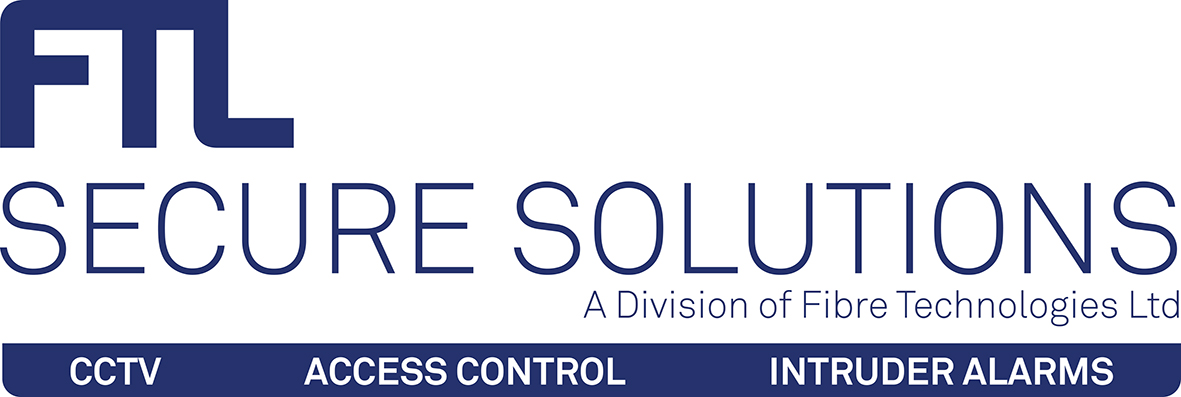Ensuring you have adequate security measures in place is crucial for any business. Security gates provide an effective barrier while still allowing convenient access for employees and customers. Choosing the right commercial security gate involves considering factors like location, traffic flow, aesthetics, and your specific security needs.
This article provides guidance on selecting the ideal security gate to protect your company.
Security Gate Types
There are a few main options when it comes to commercial security gates:
Sliding Gates – Gates that slide along a track to open and close. Sliding gates are easy to automate and suitable for high traffic areas, but they are more expensive than swinging gates. They slide along a track to open and close, providing unobstructed access when open.
Swing Gates – Hinged gates that swing inward or outward to open. Swing gates require less space than sliding gates but can obstruct traffic flow when open. They may be manually operated or automated.
Barrier Gates/Arm Gates – Gate arms that lift straight up to allow access. Barrier gates are fast opening but less secure than sliding or swing gates. These are good for parking areas where you need quick opening access. The arm lifts up to allow vehicles in.
Turnstiles – Rotating gate arms. Turnstiles control pedestrian access by allowing one person at a time. They permit high throughput while allowing limited access and keeping people orderly.
Choosing the Right Location
Determining the best location to install your security gate is an important consideration:
Assess Entry and Exit Points – Determine where vehicles and people naturally enter and exit your property. You want gates that organize the traffic flow rather than hinder it.
Plan for Vehicle Types – When open, your gate needs to allow clearance for the biggest vehicles that will use it, like delivery trucks, forklifts or even 18-wheelers. Measure dimensions to ensure adequate space.
Maximize Visibility – Gates should be placed in prominent positions to direct traffic flow. They often funnel visitors toward main entrances. High visibility also acts as a crime deterrent.
Consider Access Needs – While restricting access is part of the purpose of gates, ensure they still allow necessary access. For example, don’t block fire lane access.
Features to Consider
There are several key features to factor in when selecting your commercial gate:
Automation – Determine whether you require manual or automatic opening capabilities. Automatic gates are convenient but require power and equipment.
Access Control – There are various access control systems, from simple locks and keys to high-tech solutions like keypads, RFID readers, key fobs or Bluetooth openers.
Monitoring – Security cameras, motion sensors and gate position sensors help monitor gate activity. Connected to a warning system if desired.
Material/Construction – Gates built of thick steel, heavy-duty aluminum or industrial PVC withstand punishment year after year. Select durable, vandal-resistant materials.
Aesthetics – In addition to security, gates define the look and feel of your property. Choose visually appealing gate styles and finishes that complement buildings and landscaping.
Typical Budget
Costs for purchasing and installing commercial security gates vary considerably depending primarily on:
Gate Size and Type – Larger, automated gates usually cost more. Custom ornamental gates can be pricey. Simple barrier arm gates are generally the least expensive option.
Automation and Access Control – Systems that automatically open gates and control gate access add a significant expense. Scale systems to your actual security needs.
Aesthetic Choices – Ornamental custom metalwork and premium surface finishes drive up costs for decorative gates. Stick to simpler designs if cost is a key concern.
Installation – Hiring experienced professionals for gate installation and wiring automation systems also impacts overall spend. But it ensures proper functioning.
A typical price range is $2,000 to $20,000+, though specialized commercial gates can cost upwards of six figures. Get quotes from security gate vendors to estimate your specific cost. Plan a gate budget that provides required security without overspending on unnecessary extras.
Maintenance Tips
Regular maintenance is key to ensuring your security gate functions reliably, keeping your facility secured:
Inspect Gate Components – Examine hinges, latches, locks, tracks and moving parts. Check for damage, wear and tear or loose fasteners needing repair. Replace deteriorated components like rubber seals.
Test Automation and Access Systems – For automated gates, test gate function frequently. Confirm access control systems like keypads and RFID readers are working properly for those needing access.
Check Mounts/Hinges – Ensure gate hinge mounts to posts/walls are solidly fastened without cracks or deterioration that could allow the gate to dislodge. Tighten any loose screws/bolts.
Clear Debris – Make sure nothing obstructs the gate opening or track, preventing it from moving smoothly. Check that weeds/vines aren’t interfering with gate hinge or wheel mechanisms.
Schedule Professional Maintenance – Most companies perform scheduled maintenance every 6 to 12 months. Tuning and adjustments keep complex gates functioning optimally.
FAQs
What size gate do I need?
A: Determine the necessary opening size based on the largest vehicle type needing access, plus a comfortable margin allowing the gate to fully open and close unobstructed. Also allow room for future business growth.
Which gate material is most secure?
A: For security, strength and durability, steel and thick aluminum gates are superior. Avoid wood gates or standard vinyl fencing for gates to stop intruders. Select materials specifically rated for security applications.
Do I need a permit?
A: Depending on local regulations, permits are often required for permanent or automated gates, especially those installed in public rights of way instead of fully inside private property. Check your municipal codes. Permits must be obtained before gate installation.
Conclusion
Protecting your commercial facility with security gates requires balancing access control, traffic flow, visual appeal and investment costs. Define your primary needs and build out the gate specifications accordingly. Ensure proper placement to route flow without hindering operations. And remember that gates require regular inspection and maintenance to keep your property safely secured.

